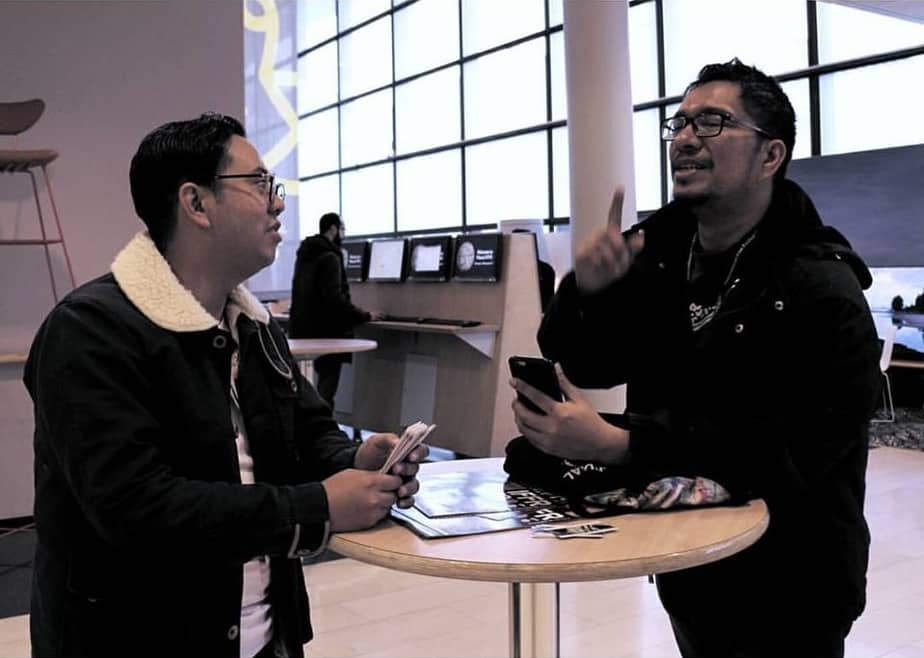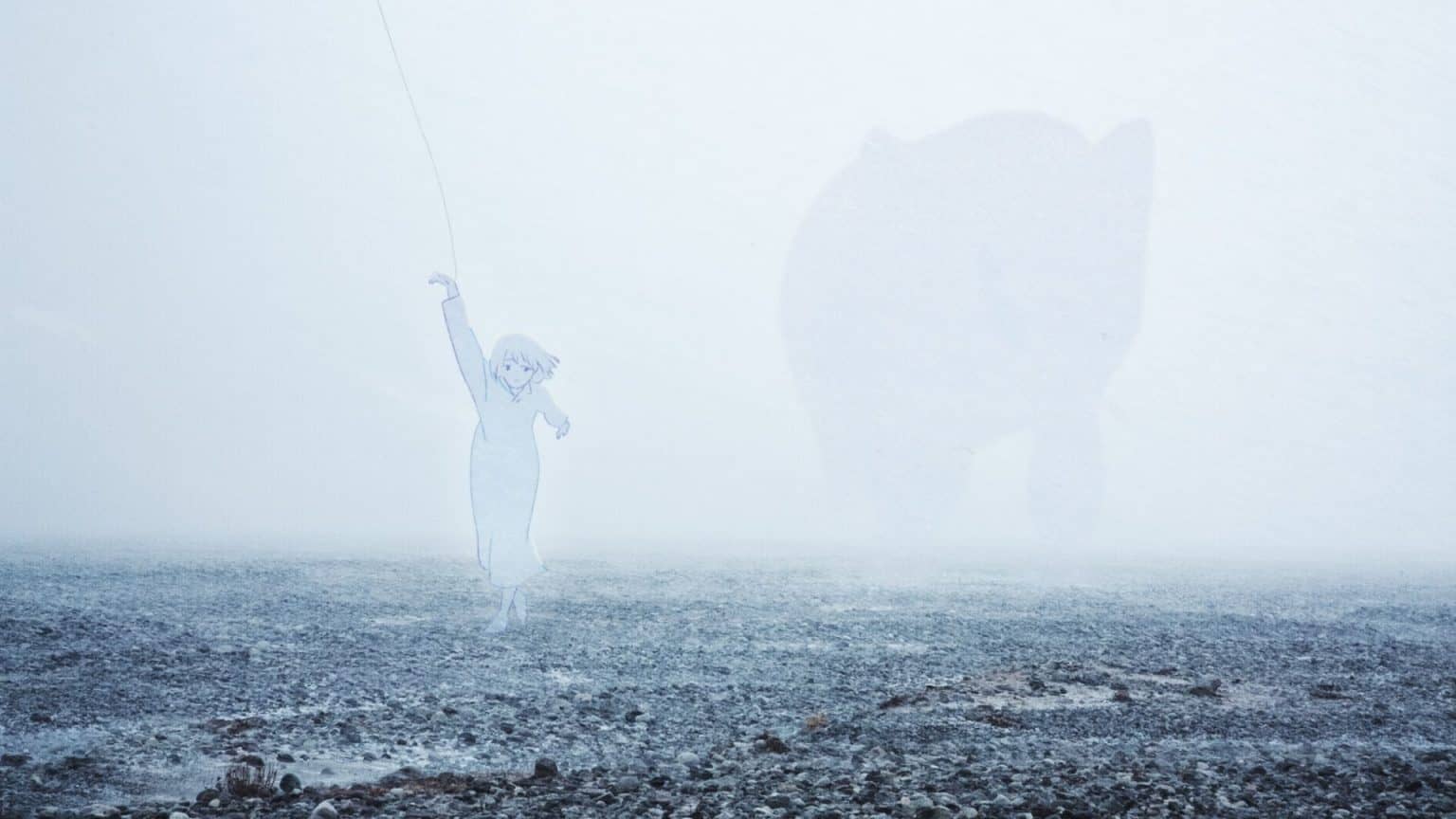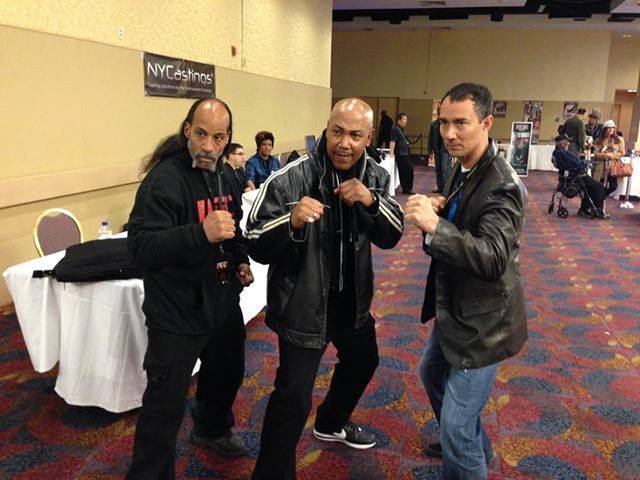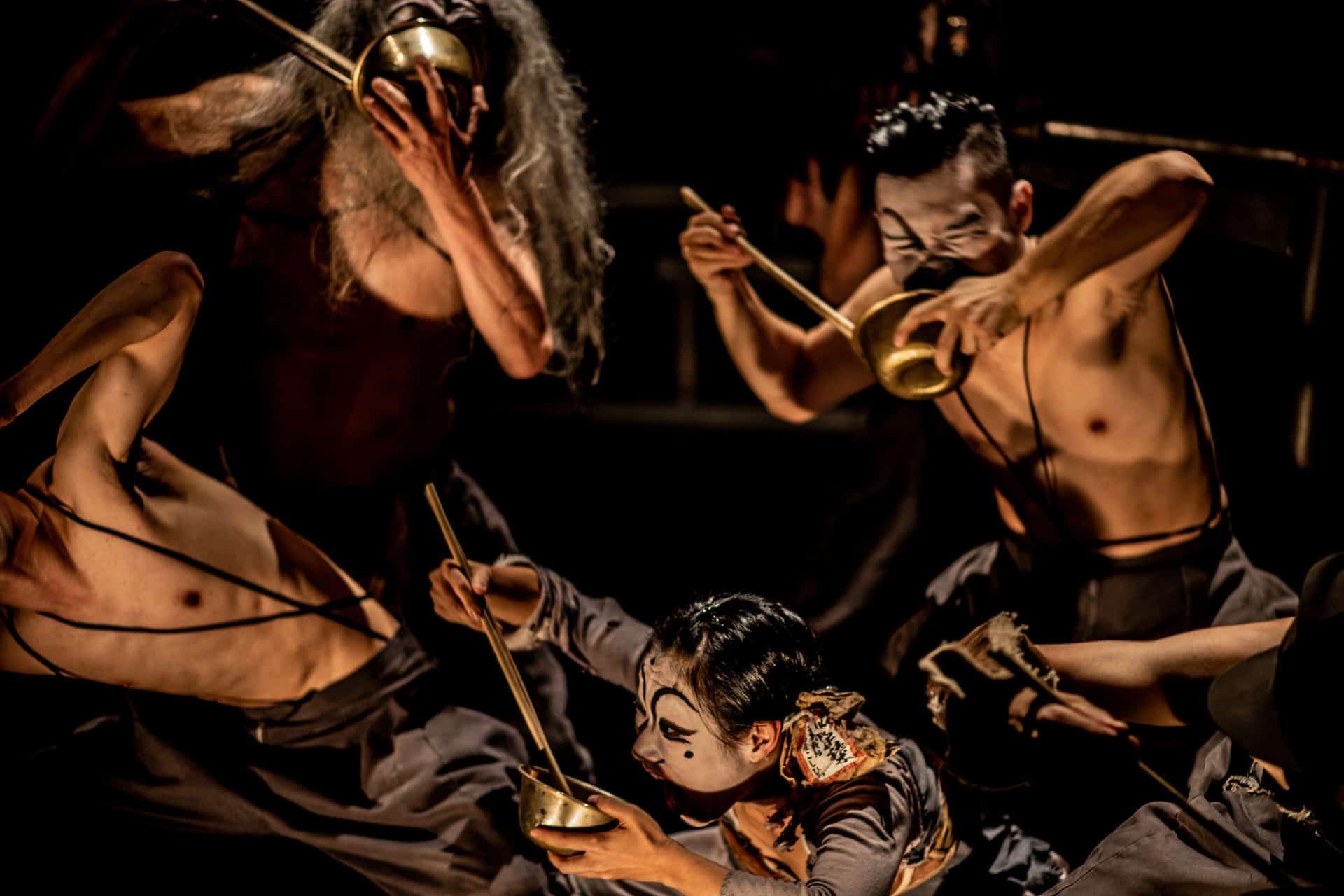Amir MUHAMMAD (1972, Malaysia) studied Law but devotes himself entirely to other activities, such as writing and filmmaking. Some of his films have been banned in Malaysia. A full retrospective of his work was screened at the Pesaro Film Festival in Italy in 2008. As a writer, Amir was very successful with his socially critical non-fictional work Malaysian Politicians Say the Darndest Things (Vol 1, 2007). The book proved to be a bestseller. Amir's short film The Three is part of 15Malaysia (2009), an omnibus film that consists of 15 short films by 15 Malaysian filmmakers. Since 2007 he has been active as a publisher, which caused him to take a break from filmmaking. With Voyage to Terengganu (2016) he is back from his absence as a filmmaker.
Badrul Hisham ISMAIL (Malaysia) studied in New York, where he shot his short film A Tale of a Mannequin (2014) with the help of a Kickstarter campain. Together with Amir Muhammad, also from Malaysia, he directed his first feature-length documentary Voyage to Terengganu (2016). His films were shown among others at Freedom Film Fest, Malaysian Shorts and Thai Short Film & Video Festival. Besides his filmwork, he is also a Program Executive for the Malaysian nonprofit organisation IMAN.
The interview was made on the occasion of the screening of “Voyage to Terengganu”, at the International Film Festival Rotterdam (IFFR)

We talk to them about Terengganu, Munshi Abdullah, their careers, and other issues.
Some of your films have been banned in Malaysia. Why is that, what was their subject? In general, what is the situation with censorship in the country?
Both documentaries were banned as they were to do with communism, which is a forbidden subject. Censorship is still strict in Malaysia, especially for local films. But the first one, THE LAST COMMUNIST, may be viewed in full on YouTube.
Before Voyage to Terengganu, you have not shot a movie since 2007. Why was that and what are your plans for the future?
I started publishing books in 2007 and I found I could not do both. My current company Buku Fixi has published over 150 books ( http://fixi.com.my/ ). I will continue to devote more time to publishing, because I enjoy it more, but will make the occasional documentary or semi-experimental movie which I will fund myself.
Why did you decide to make this film about Terengganu?
Amir had never been to Terengganu, and decided that he wants to go there while doing something, so naturally, the idea of making a documentary there came into mind.
Why did you choose Voyage to Kelantan, by Munshi Abdullah, as the basis of the documentary?
The idea of using Munshi Abdullah's work came right before we went to shoot. His writings on Terengganu, after spending only a day there, were so opinionated and biased, that we thought it would be interesting to juxtapose them with our own observations and experiences.
In the documentary, there is a very impressive scene, where bikers race their motorcycles backwards. Can you tell us a bit about this scene?

Movie magic

How are the people in the area? Was it easy to record them talking or was there any trouble? Munshi Abdullah, centuries ago, found the inhabitants to be lazy and violent. What is your opinion?
It was quite easy to film there. Munshi thought that the men were lazy, but not violent. They just like to collect weapons and show them off. We felt that Munshi's opinions were highly influenced by him working for the colonial administration at the time
There are people there that still believe in superstitions, women are considered to be below men and there is even slavery (I may have misundestood this last aspect please correct me if I am wrong). What is your opinion on these subjects? Is this why the documentary focused on men?
Slavery existed up until the 19th century in sporadic circumstances, but of course it's outlawed now. But the more important impression for him was that the people of the State are ‘like slaves' as they lack motivation and independence. As for gender roles, women are indirectly discriminated against in several instances, such as religious law courts, but this is the norm for all patriarchal systems. We didn't show women because we had the disadvantage of having an all-male crew. It made women became too self-conscious when we interviewed them.
Can you talk to us about IMAN?
IMAN is a research organization where Badrul works full time. It is not film related. And as of now he has no future plans yet.















